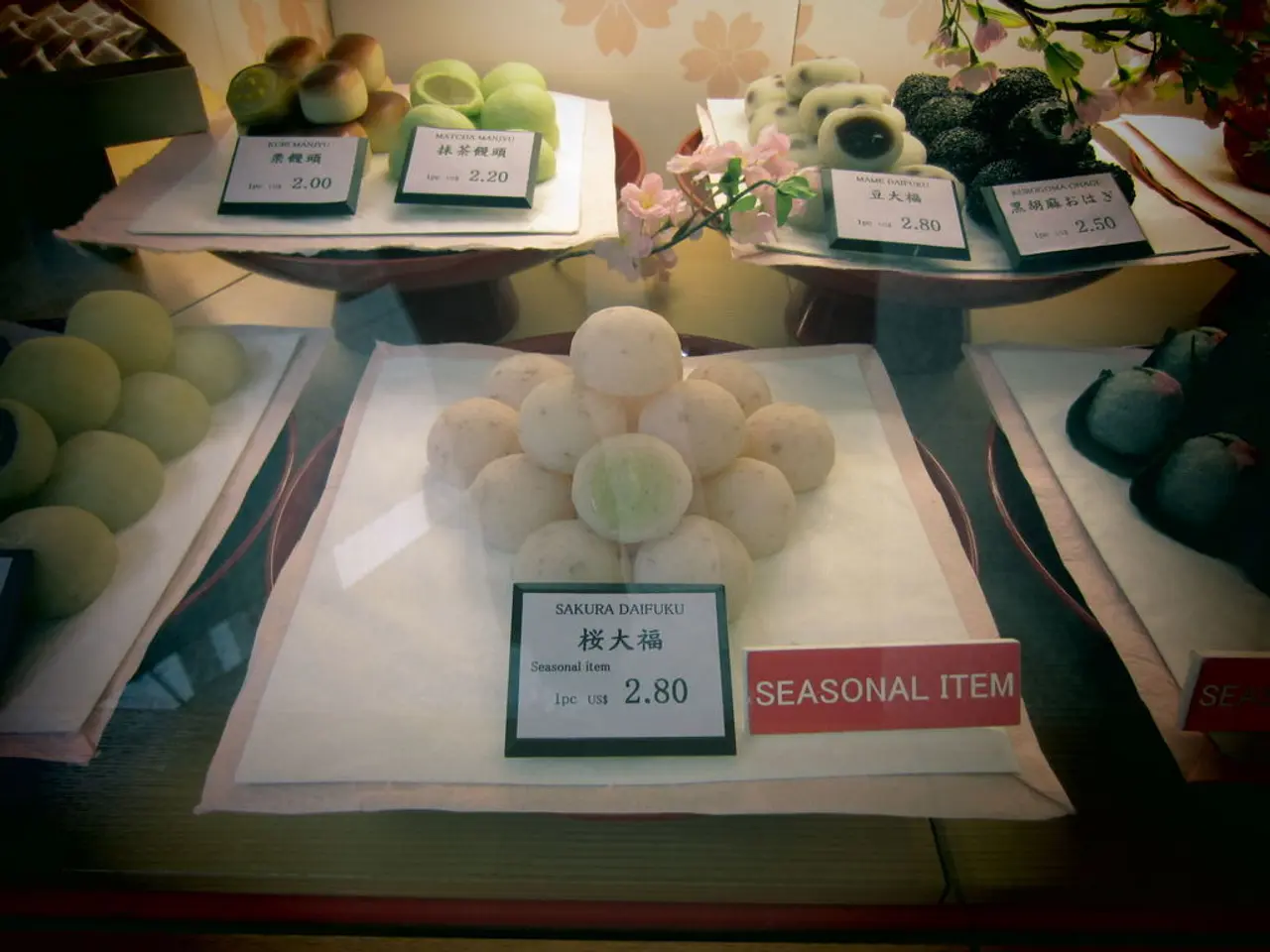Avoiding certain items in your compost pile can ensure its efficiency. Here are some products to steer clear of:
In the quest for a thriving garden, composting plays a crucial role. By making the right choices, you can transform waste into black gold for your plants. Here's a list of what to include and what to avoid when composting to maintain a balanced ecosystem and ensure a safe garden.
What to Include
- Plant waste, leaves, straw, and paper are all excellent additions to your compost pile. They provide the necessary carbon to balance the nitrogen from your kitchen scraps.
- Various materials such as eggshells, coffee grounds, and fruit and vegetable peels can enrich your compost.
What to Avoid
- Meat, fish, and bones should be kept out of your compost pile. These attract pests like dogs, rats, and raccoons, cause odors, and decompose slowly.
- Dairy products also should be avoided as they can cause foul smells and attract unwanted animals.
- Oily, greasy, and cooked foods contain fats that slow decomposition, disrupt microbial activity, and attract flies, maggots, and ants.
- Processed sugary foods like candy, syrups, and sweetened drinks ferment quickly, attract ants, bees, and flies, and disrupt the compost pH balance.
- Pet feces or litter carry harmful bacteria and parasites and should be avoided.
- Diseased or pest-infested plants can spread diseases or pests when compost is applied to soil.
- Weeds with seeds will germinate and spread in the beds, so it's best to remove them before composting.
- Treated or painted wood contains harmful chemicals that can damage plants and soil, so it's best to avoid adding them to your compost pile.
- Non-organic materials such as plastic, metal, glass, coated/glossy paper, and synthetic fabrics do not decompose and contaminate the compost.
- Harsh cleaning products, pesticides, wood ash, and coal/charcoal ash contain toxins or chemicals that disrupt compost microbes or harm plants.
Key Considerations
- Always ask yourself whether the added material nourishes or destroys the ecosystem you're building. A compost pile is a living system that requires balance.
- Bread, pasta, baked goods mold quickly and attract mice, so it's best to avoid them in your compost pile.
By following these guidelines, you can create a healthy, balanced compost pile and safe garden soil. Happy composting!
[1] Composting for a Healthy Garden. (n.d.). Retrieved from https://www.gardenmyths.com/myths/composting-for-a-healthy-garden/ [2] Composting: The Basics. (n.d.). Retrieved from https://www.epa.gov/recycle/composting-basics [3] What Shouldn't I Compost? (n.d.). Retrieved from https://www.epa.gov/recycle/what-shouldn't-i-compost [4] Composting Do's and Don'ts. (n.d.). Retrieved from https://www.extension.org/pages/81249/composting-dos-and-donts
Incorporating home-and-garden waste like leaves, straw, and paper into your compost pile can positively contribute to your garden's lifestyle, while enriching your compost with materials such as eggshells, coffee grounds, and fruit and vegetable peels is beneficial. Conversely, it's important to avoid adding compost-unfriendly items like meats, fish, bones, dairy products, oily or greasy food waste, processed sugary foods, pet feces or litter, diseased or pest-infested plants, treated or painted wood, non-organic materials, harsh cleaning products, pesticides, wood ash, coal/charcoal ash, and bread, pasta, baked goods due to their potential to harm the ecosystem or produce unwanted odors.




